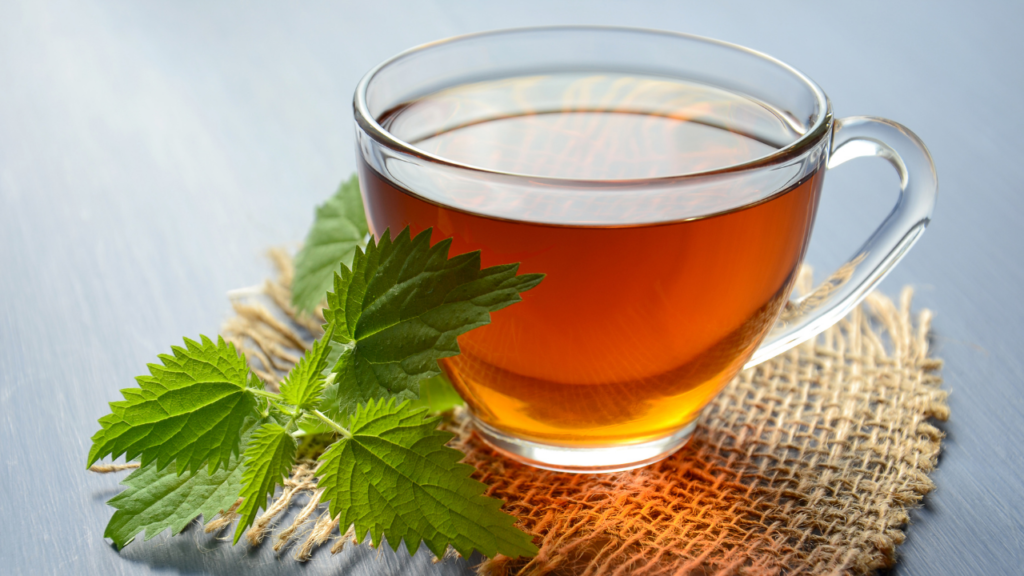The History of Tea
go.ncsu.edu/readext?787180
en Español / em Português
El inglés es el idioma de control de esta página. En la medida en que haya algún conflicto entre la traducción al inglés y la traducción, el inglés prevalece.
Al hacer clic en el enlace de traducción se activa un servicio de traducción gratuito para convertir la página al español. Al igual que con cualquier traducción por Internet, la conversión no es sensible al contexto y puede que no traduzca el texto en su significado original. NC State Extension no garantiza la exactitud del texto traducido. Por favor, tenga en cuenta que algunas aplicaciones y/o servicios pueden no funcionar como se espera cuando se traducen.
Português
Inglês é o idioma de controle desta página. Na medida que haja algum conflito entre o texto original em Inglês e a tradução, o Inglês prevalece.
Ao clicar no link de tradução, um serviço gratuito de tradução será ativado para converter a página para o Português. Como em qualquer tradução pela internet, a conversão não é sensivel ao contexto e pode não ocorrer a tradução para o significado orginal. O serviço de Extensão da Carolina do Norte (NC State Extension) não garante a exatidão do texto traduzido. Por favor, observe que algumas funções ou serviços podem não funcionar como esperado após a tradução.
English
English is the controlling language of this page. To the extent there is any conflict between the English text and the translation, English controls.
Clicking on the translation link activates a free translation service to convert the page to Spanish. As with any Internet translation, the conversion is not context-sensitive and may not translate the text to its original meaning. NC State Extension does not guarantee the accuracy of the translated text. Please note that some applications and/or services may not function as expected when translated.
Collapse ▲Written By FCS Intern: Kayla Adell
Is Tea Worth the Hype?
Tea dates all the way back to 2737 BC. Tea originated in China based on a Chinese legend. Drinking tea became established in China before the west has even heard of it.
Tea is made from a process called steeping. Camellia sinensis leaves are used as well as hot water.
Down south, where I am from, most people know tea as Sweet Tea. Traveling up North, individuals are not familiar with Sweet Tea. Unsweet tea and warm tea is the norm.
It is no surprise that tea has great benefits some of those benefits include boosting heart health, lowering LDL (Bad) Cholesterol as well as reducing blood pressure.
Some people may not realize that drinking too much tea can come with some negative side effects such as dizziness, headaches, pregnancy complications, and heartburn.
I myself am not a huge fan of tea, but I do enjoy a good cup of warm tea before bed. My family is from the deep south and sweet tea is our thing.
Tea is a wonderful thing and is recommended by many doctors to try to help a sore throat.





